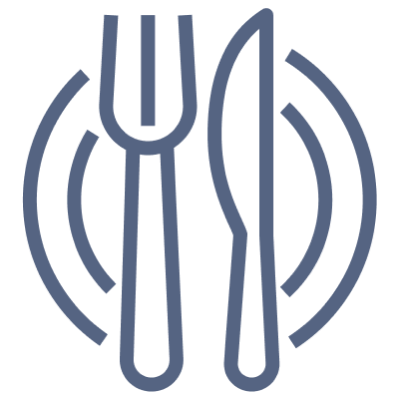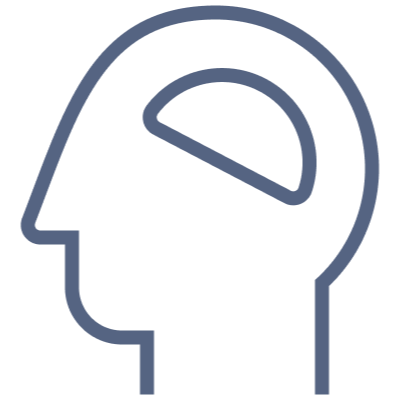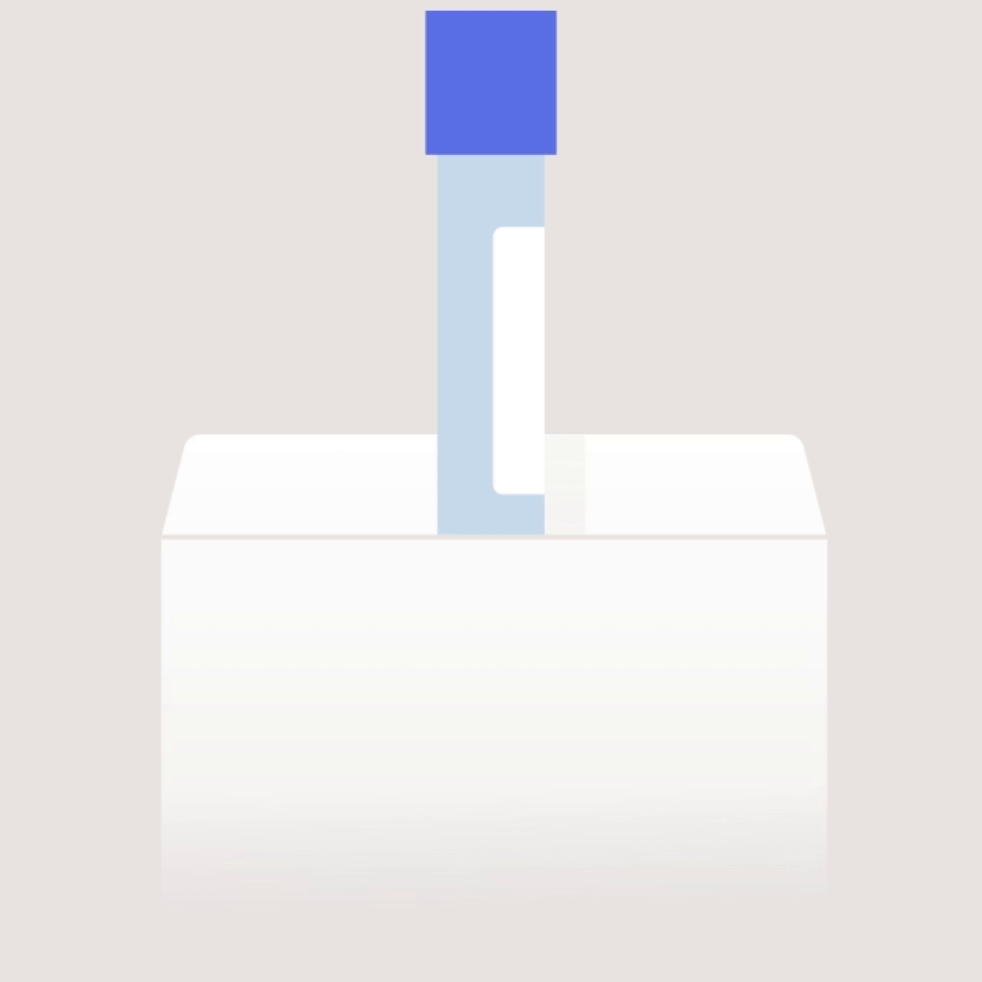Collection Method
CI05.15.01
Kit Requirements
SST Serum (Fasting)
Turn Around Time
7 Business Days Turnaround times are estimates
Description
Insulin-like growth factor 1 (IGF1) is a natural hormone the body produces. It contains seventy amino acid polypeptides that are produced by the liver and endocrine hormone system. IGF-1 also plays a role in cell repair to the muscles, brain and heart.
Insulin-like growth factor 1 (IGF-1), also called somatomedin C, is a hormone similar in molecular structure to insulin. It plays an important role in childhood growth and continues to have anabolic effects in adults.
IGF-1 is produced primarily by the liver as an endocrine hormone as well as in target tissues in a paracrine/autocrine fashion. Production is stimulated by growth hormone (GH) and can be dysfunctional due to under nutrition, growth hormone insensitivity and lack of growth hormone receptors. Approximately 98% of IGF-1 is always bound to one of 6 binding proteins (IGF-BP).
IGFBP-3, the most abundant protein, accounts for 80% of all IGF binding. IGF-1 binds to IGFBP-3 in a 1:1 molar ratio.
IGF-1 is a primary mediator of the effects of growth hormone (GH). Growth hormone is made in the anterior pituitary gland, released into the blood stream and then stimulates the liver to produce IGF-1. IGF-1 then stimulates systemic body growth and has growth-promoting effects on almost every cell in the body especially skeletal muscle, cartilage, bone, liver, kidney, nerves, skin and lungs. In addition to the insulin-like effects, IGF-1 can also regulate cell growth and development especially in nerve cells as well as cellular DNA synthesis.
References:Frater J, Lie D, Bartlett P, McGrath JJ. Insulin-like Growth Factor 1 (IGF-1) as a marker of cognitive decline in normal ageing: A review. Ageing Res Rev. 2018;42:14‐27. doi:10.1016/j.arr.2017.12.002
Nicholls AR, Holt RI. Growth Hormone and Insulin-Like Growth Factor-1. Front Horm Res. 2016;47:101‐114. doi:10.1159/000445173
Analytes
- IGF-BP3 (insulin-like growth factor binding protein 3)
- IGF1 (insulin-like growth factor 1)
Test Method
Automated chemistry (Roche Diagnostics)
Common Conditions
 Nutritional and Dietary Symptoms
Nutritional and Dietary Symptoms- Chronic Fatigue
 Mental and Emotional Health
Mental and Emotional Health- Depression
 Other Health Conditions
Other Health Conditions- Lack of stamina
- Loss of muscle tone
- Sexual dysfunction
Notice To Patients
NutriPATH practices in the usual practitioner-referral system for pathology laboratories. Patients are highly recommended to seek the supervision and guidance of a qualified healthcare practitioner for the interpretation of any lab results and associated information. NutriPATH can offer assistance in locating a suitable practitioner.
How it works
Step 1
Order test
Your referring practitioner will place this order via their online portal.

Step 2
Collect Samples
A test kit will be dispatched to you and you can conveniently collect your sample in the comfort of your home.

Step 3
Return Samples
Return samples for analysis via the provided courier packaging.

Patient resources
Our highly skilled and qualified team have created a service where patients can easily gain access to a wide range of pathology testing options.
Practitioner resources
As a leader in the industry, practitioners are able to trust in our ability to provide them with the technology they need to adequately test their clients and patients.









